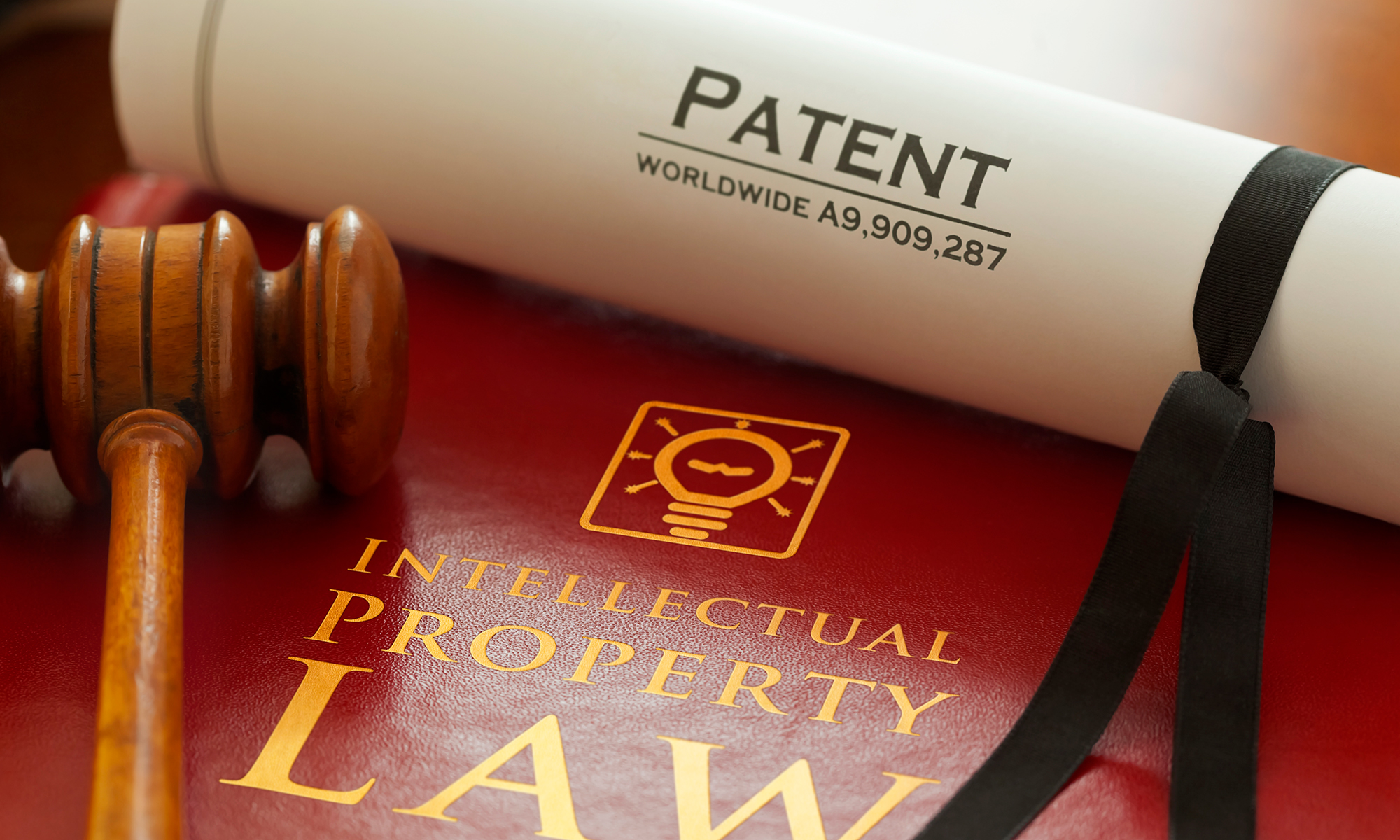The Supreme Court recently affirmed that a decision by the PTAB regarding institution of an inter partes review is “final and nonappealable.” Cuozzo Speed Tech. v. Lee, No. 15-466, slip op. at 7 (U.S. June 20, 2016); see 35 U.S.C. §314(d). Without the ability to appeal an institution decision, a dissatisfied party is often left to file a request for rehearing with the Board. 37 C.F.R. § 42.71(d).
The deadline for submitting a rehearing request varies based on the outcome of the institution decision which is being challenged. If a proceeding is instituted by the decision, then the rehearing request must be submitted within 14 days. Id. If no proceeding is instituted then the rehearing request is due within 30 days. Id. A request for rehearing is one of only a few documents which may be filed without prior authorization from the Board.
Critically, the substance of the rehearing request must “specifically identify all matters the party believes the Board misapprehended or overlooked, and the place where each matter was previously addressed in a motion, an opposition, or a reply.” Id. The rehearing request may not raise new arguments or evidence. In fact, the Board’s most common response to a rehearing request appears to be denying the request by identifying arguments or evidence in the request which were not previously addressed in the record.
Under the trial practice rules, “[w]hen rehearing a decision on petition, a panel will review the decision for an abuse of discretion.” 37 C.F.R. § 42.71(c). An abuse of discretion occurs when a “decision is based on an erroneous interpretation of the law, on factual findings that are not supported by substantial evidence, or represents an unreasonable judgment in weighing relevant factors.” Gose v. United States Postal Service, 451 F.3d 831, 836 (Fed. Cir. 2006) (internal quotations omitted); see also Veeam Software Corp. v. Symantec Corp., IPR2013-00142, Paper 17 (P.T.A.B. Sep. 30, 2013).
Since the same panel that made the institution decision will review the rehearing request, it is not surprising that very few rehearing requests result in reversal of an institution decision. The same panel, looking at the same facts, must be convinced that it abused its discretion when issuing the institution decision. A review of relevant cases has shown that the Board likely rejects more than 90% of all rehearing requests.
Examples of the rare cases where the PTAB has granted rehearing and altered its institution decision include:
- The Board reversing a previous institution of trial on an anticipation ground where the Board admitted that it overlooked an argument by the Patent Owner that a claim element was not disclosed in the prior art, Veeam Software Corp. v. Symantec Corp., IPR2013-00142, Paper 17, 2-3 (P.T.A.B. Sept. 30, 2013);
- The Board instituting trial for two challenged claims which were omitted from the institution decision due to a “transcription error”, Microsoft Corp. v. Virnetx Inc., IPR2014-00614, Paper 12, 3 (P.T.A.B. Oct. 30, 2014); and
- The Board instituting a trial which was previously denied on redundancy grounds where the Patent Owner challenged the applicability of certain prior art under 35 U.S.C. § 103(c)(1), Marvell Semiconductor, Inc. v. Intellectual Ventures I LLC, IPR2014-00553, Paper 19, 2 (P.T.A.B. Feb. 20, 2015).
- The Board instituting a trial after a previous denial by a panel which included a judge who had previously represented the Patent Owner, giving rise to a “mere appearance of possible impropriety [] sufficient to justify reconsideration by a newly composed panel,” see Mylan Pharmaceuticals Inc. v. AstraZeneca AB, IPR2015-01340, Papers 13, 15, 16 (P.T.A.B. May 2, 2016).
